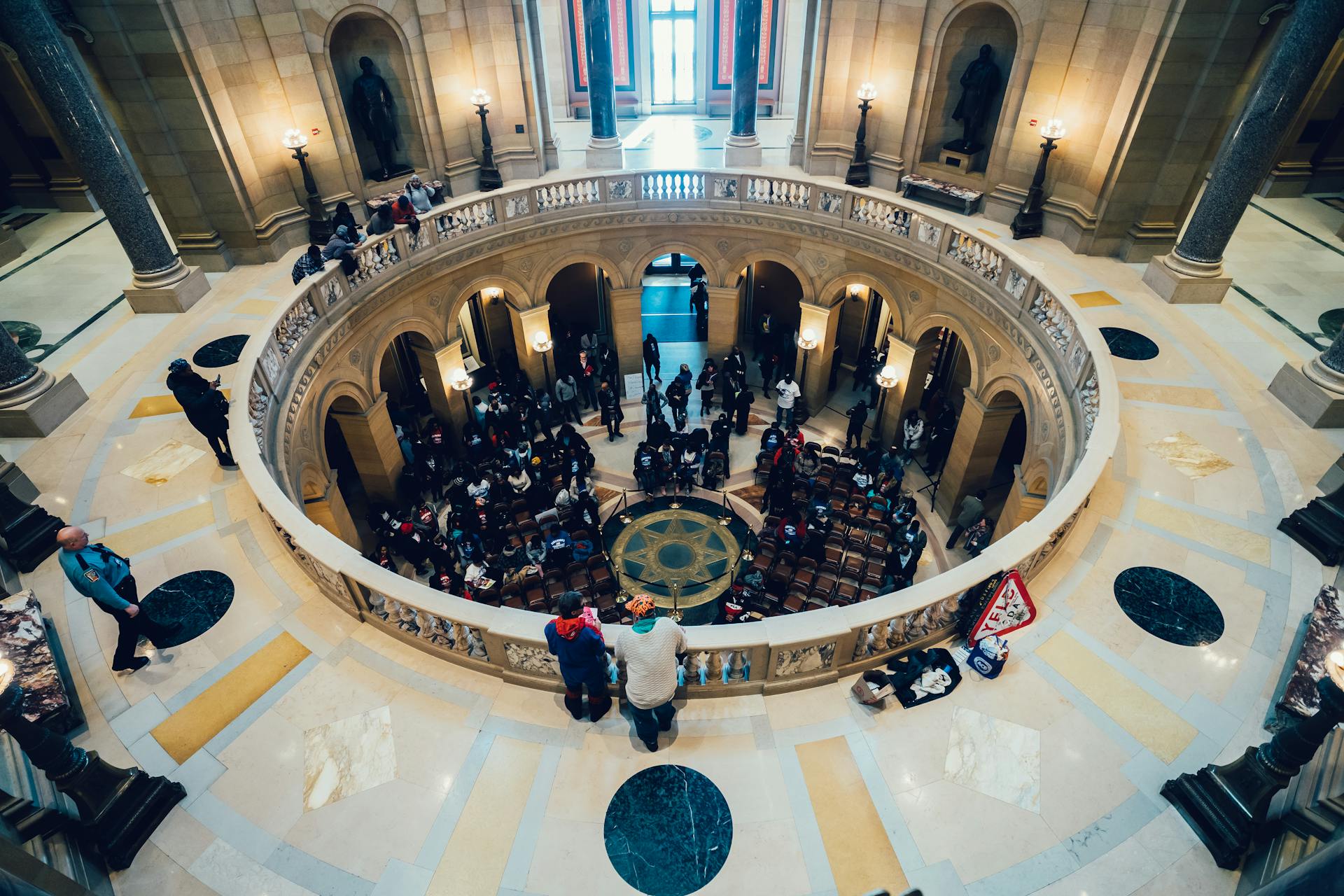Initial Thoughts on Department of Government Efficiency

The incoming President has proposed something called the Department of Government Efficiency (DOGE). The idea of “fixing” or “streamlining” the federal government is nothing new–nearly every president over the past one hundred years has sought to make the federal government more efficient by cutting out duplication, waste, and fraud. Nearly every president has failed to accomplish that objective.
Because there are few details about the DOGE proposal, critical examination of it is impossible, which hasn’t stopped critics from seeking to do so. My purpose in this essay is to provide some context. And because the President and the Supreme Court appear strongly motivated to end or at least reduce the “administrative state,” which is the so-called “fourth branch of government,” I offer some thoughts for legal consideration.
First, the idea behind our constitutional form of government is not to make government more effective or efficient, although it is true that the original purpose of the Constitutional Convention was to propose amendments to fix the deficiencies of the Articles of Confederation. That idea evolved into the desire to form a more “energetic” national government. But the basic structure adopted by the Convention and the people of the United States was intended to limit the new federal power. The efficiency of the federal government was intentionally limited through separation of governmental powers into the three now-familiar branches. Each branch was to operate as a check on the power–the efficiency–of the others. And the Convention purposely limited the authority of the chief executive in light of abuses by their former king. Inefficiency is built in.
Second, most of the “fixes” to the federal government must be done by Congress, not the President. The Constitution gave substantially more authority to that body: Recall the observation of James Madison (as Publius), who asserted that “[i]n republican government, the legislative authority necessarily predominates.”[1] And Alexander Hamilton (also writing as Publius) devoted an entire essay to the limitations of presidential power compared to that of a king: “[w]hat answer shall we give to those who would persuade us that things so unlike resemble each other? The same that ought to be given to those who tell us that a government the whole power of which would be in the hands of the elective and periodical servants of the people, is an aristocracy, a monarchy, and a despotism.”[2]
Third, what form will the proposed “department” take? If it will be an official entity as part of the government of the United States, it must be created and empowered by Congress. And that body will itself be part of the problem it is intended to resolve. If it is to be an independent entity with powers of governance that is not part of the government, it faces delegation scrutiny: the key constitutional question is whether government functions can be delegated to non-governmental bodies.
Fourth, if it is not to have the power to do things, implementation must deal with prior legislation on the subject; namely with the Federal Advisory Committee Act.[3] That act brings numerous factors into play, the most significant of which is that it defines “advisory committee.”[4] The same section requires that “ . . . all matters under their consideration should be determined, in accordance with law, by the official, agency, or officer involved,”[5] The Act applies to entities “established or utilized by the President. . . .”[6]
The same section of the Act defines “agency” as the same as defined in the Administrative Procedures Act, and specifically defines a “Presidential advisory committee” as an advisory committee which advises the President. Section 9 of the Act repeats the admonition that an advisory committee should be utilized “solely for advisory functions,” and requires that a detailed charter be filed with the Senate and House of Representatives before a meeting is held or any action is taken.
Fifth, the Advisory Committee Act requires that advisory committee meetings be open to the public and makes committee documents, including the minutes of meeting required by the Act, available to the public.[7] It is very unlikely that a President attempting to reorganize, restructure, or eliminate governmental functions would be able to avoid advance scrutiny of any proposals by the public, the media, or the very governmental bodies under observation.
Further consideration must await the President’s implementation of the DOGE.
About the Author: Don LeDuc is the retired president and dean emeritus of Cooley Law School. His book, Michigan Administrative Law, is revised and published annually by the West Group. He is a member of Scribes, the American Society of Writers on Legal Subjects, and received the Golden Pen Award from the Legal Writing Institute. This article is part of a multi-part series discussing the meaning of the U.S. Constitution's words.
[1] Federalist, Number 51.
[2] Federalist, Number 69.
[3] 5 U.S.C. app.
[4] Sec. 2(b)(6) “should be advisory only . . .”
[5] Ibid.
[6] Sec. 3(2)(B).
[7] Sec. 10.
